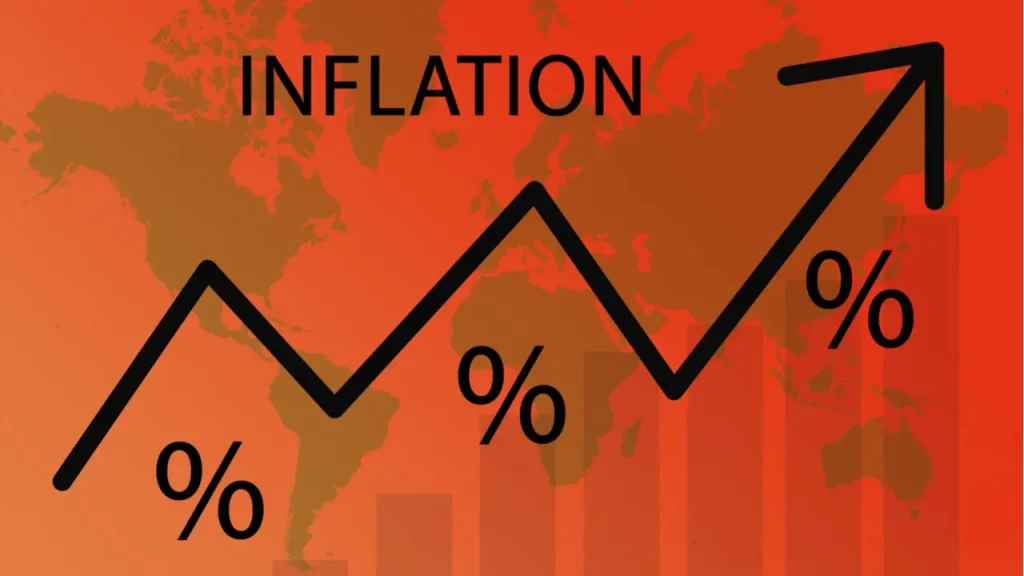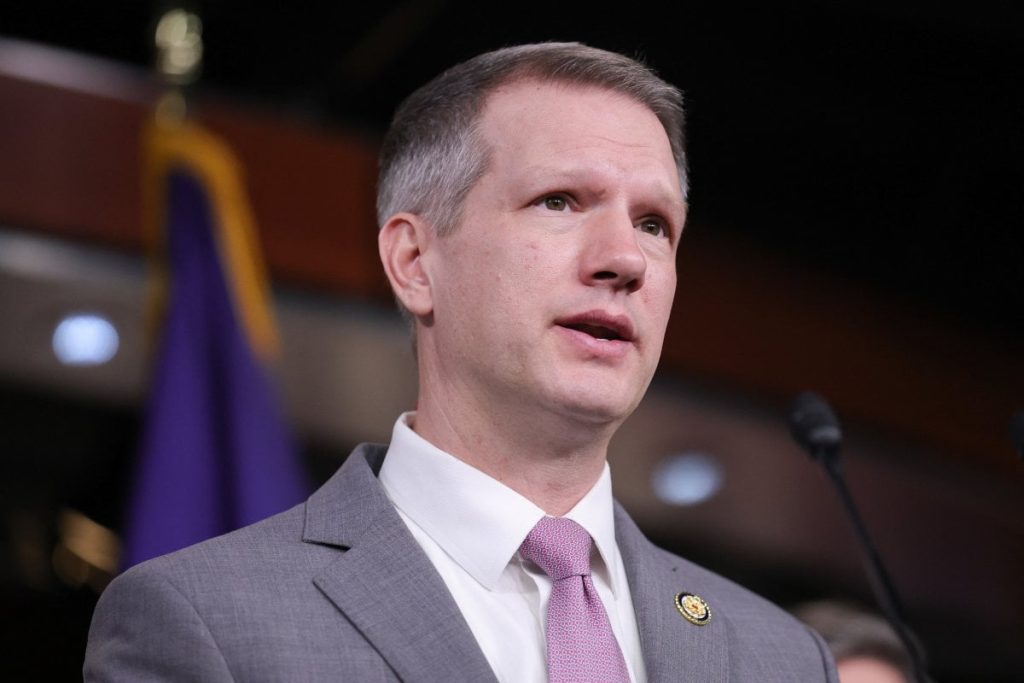The International Fund for Agricultural Development’s Special Agro-Industrial Processing Zones (SAPZ) has launched a Targeted Nutrition Support Programme in Kano State, Nigeria. As part of this initiative, 1,445 households across eight local government areas have received home gardening toolkits. The programme, which took place from October 3 to 6, 2025, aimed to empower households, particularly women and vulnerable groups, to cultivate nutrient-rich vegetables and crops at home.
The eight local government areas targeted by the programme are Kura, Garun-Mallam, Bebeji, Dambatta, Gezawa, Dawakin-Tofa, Bichi, and Bagwai. In each area, 180 women were selected as direct beneficiaries, bringing the total number of beneficiaries to 1,440. According to SAPZ State Project Coordinator Aminu Iliyasu, the initiative is designed to remove barriers and enable households with little or no prior farming experience to participate fully. The programme’s objective is to reduce micronutrient deficiencies, especially among children, pregnant women, and other vulnerable groups.
The long-term goal of the programme is to improve household self-sufficiency, stimulate local economies through the procurement of gardening inputs, and foster community-driven nutrition-sensitive agricultural interventions. Kano State Commissioner for Agriculture and Natural Resources, Dr Danjuma Mahmoud, commended the programme as a bold step towards transforming agriculture into an engine of empowerment and inclusive growth. He noted that the initiative aligns with Governor Abba Kabir Yusuf’s agricultural agenda, which includes measures such as livestock empowerment for women and youth, mechanisation of farming, and the recruitment of extension workers.
The SAPZ programme is part of a broader effort to promote agricultural development and improve nutrition in Kano State. By focusing on women and youth, the programme aims to lay the foundation for stronger households and healthier futures. The initiative has the potential to make a significant impact on the lives of beneficiaries, and its success will be closely monitored in the coming months. As the programme continues to roll out, it is expected to contribute to the government’s vision of agriculture as a pathway to dignity, empowerment, and shared prosperity.



